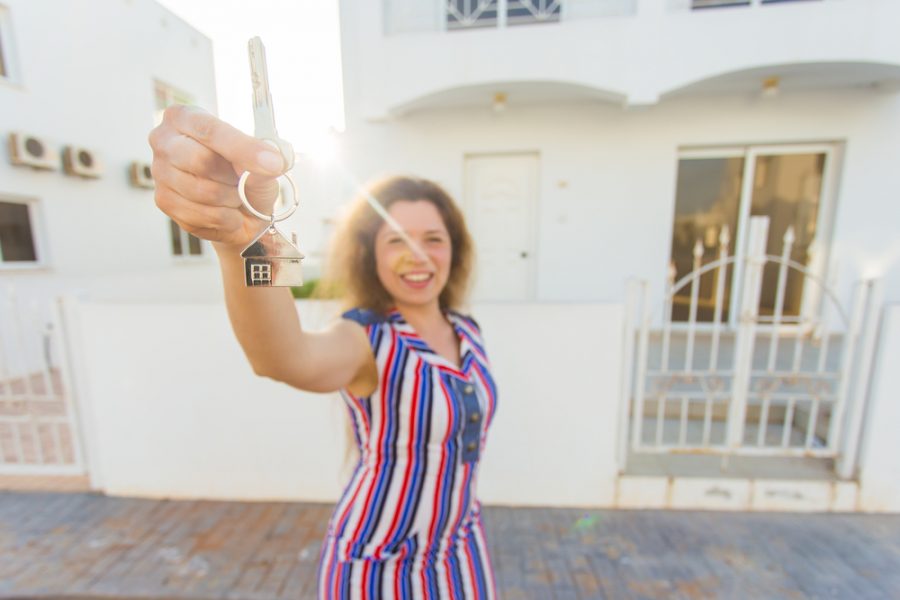Homeownership is one of the supporting pillars of the American dream. Granted, its luster has tarnished a bit in the wake of the subprime mortgage crisis of the first decade of the 21st century. However, homeownership remains one of the most readily available methods of building wealth.
Here, you’re likely thinking that’s all well and good if you have a sizable nest egg with which to seed the purchase. But what if you don’t?
Can you buy a home with no money down?
Yes, as a matter of fact, you can.
The Zero Down Mortgage
Despite popular belief, this is not a myth. There do exist no money down mortgages. Backed by the federal government, they come with a number of caveats though. By the way, the operative word in that previous sentence was “backed.” Rather than provide loans, the government guarantees repayment on your behalf.
These mortgages are offered under the auspices of two different programs, the VA and the USDA. As you might have guessed, VA loans are reserved for honorably discharged veterans of military service. USDA loans are intended to help low-income people get a home in a rural area.
Down Payment Assistance Programs
A number of state and local governments offer down payment assistance programs to help urban-dwelling people break the rental cycle too.
As an example, California’s Golden State Finance Authority’s Platinum Program provides low-to-moderate income California homebuyers a non-repayable gift of up to five percent of the home value for the purchase or refinance of a primary residence.
The minimum FICO score required is 640, and the maximum debt-to-income ratio is 50 percent. If you’d like to take advantage of a program like this but are still struggling with excessive debt, it’s worth looking into debt relief strategies first so you can work toward home ownership — these Freedom Debt Relief reviews can help you learn more about what to expect from such a process.
Minimal Down-Payment Loans
An attractive alternative is FHA backed loans, which can be had with down payments as low as 3.5 percent of the purchase price. As with VA and USDA loans, the FHA guarantees to make a lender whole if the borrower can’t support their end. You’ll need a credit score of at least 580 and a demonstrated ability to repay the loan to qualify for that 3.5 percent down payment.
A number of traditional lenders offer one percent down payment loans outright. You’ll need a FICO score of 680 or better and there are certain income restrictions. However, they do represent one of the most affordable methods of becoming a homeowner.
Your Credit History Matters — to a Degree
As you saw above, credit scores as low as 580 will qualify under certain circumstances. With that said, the better your credit score, the more likely you are to get one of those loans.
Higher Interest Rates
As you may have guessed, some lenders charge higher interest for loans with smaller down payments. This too, can make your monthly payment more than it could be if you offered a more traditional down payment amount.
The greater the risk you ask the lender to assume, the more they’ll want to be paid to take it on. With that said, in the case of one-percent down loans backed by Fannie Mae, lenders cannot charge a premium rate — of course, there’s no real need to do so because the federal agency will pick up the ball if the borrower fumbles.
So yes, you can buy a home with no money down — if you know where to look and your financial situation falls within a certain set of parameters.

